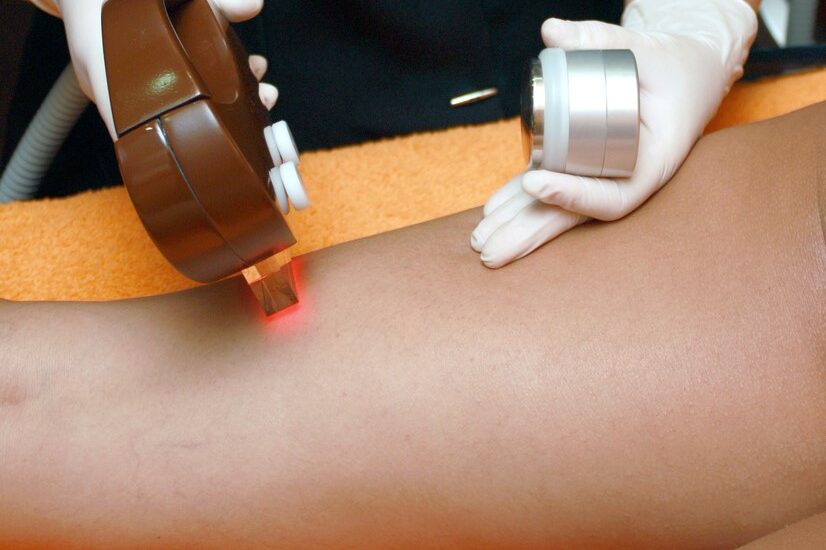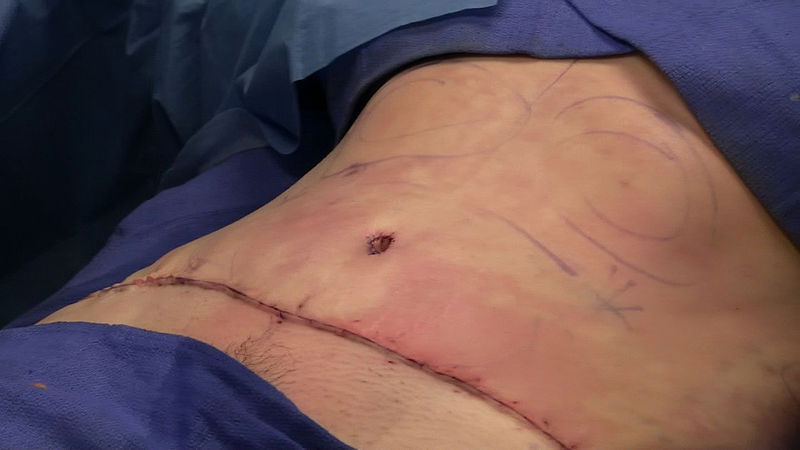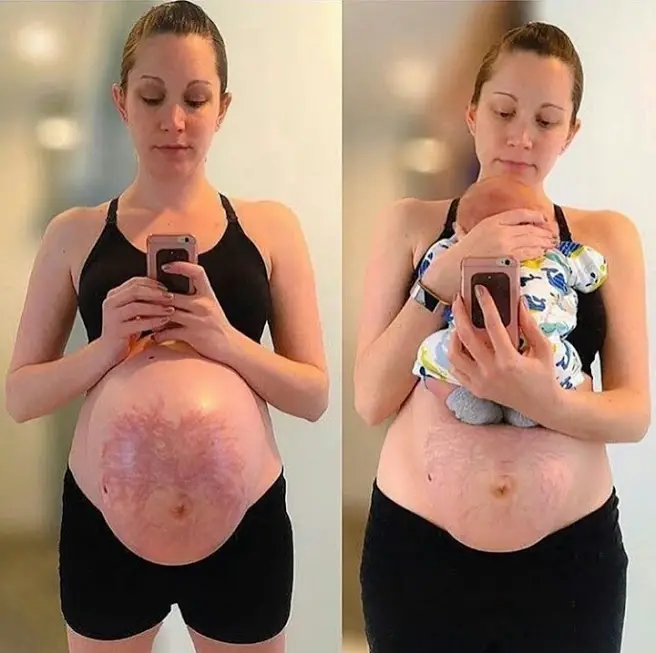If you’re concerned about the possibility of skin cancer from laser hair removal, you’re not alone. While the question is often raised, it’s crucial to focus on facts and evidence. This article will guide you through the safety of laser hair removal, its relationship with skin cancer, and other vital information based on current scientific understanding.

Table of Contents
Is Laser Hair Removal Safe?
Laser hair removal is considered a relatively safe cosmetic procedure, especially when performed by licensed and experienced professionals. The NHS states that it has a good track record for safety. Side effects when they do occur, are often temporary and may include:
Redness
Swelling
Temporary skin irritation
These side effects generally subside within a few hours to days after the procedure. However, in some rare cases, there could be risks of burns or skin discoloration. This is why it’s essential to consult with a qualified dermatologist for a skin assessment prior to the procedure.
Can you Get Skin Cancer from Laser Hair Removal?
As of the available scientific literature, there’s no conclusive evidence that links laser hair removal to an increased risk of developing skin cancer. The type of radiation emitted by lasers used in hair removal is non-ionizing.
Unlike ionizing radiation (such as X-rays), non-ionizing radiation is not known to damage DNA or other cellular structures in a way that can cause cancer. Not all types of radiation are capable of causing cancer.
Factors to Consider Before Opting for Laser Hair Removal
Before you decide to go through with laser hair removal, it’s important to consider several factors that can impact both the effectiveness and safety of the procedure:
Skin Type: Your skin type can affect how well the laser can target your hair follicles. Lighter skin tones with darker hair generally see better results.
Provider Credentials: Always choose a provider with recognized qualifications and experience in laser hair removal. Ask for before-and-after photos, read reviews, and possibly seek recommendations.
Pre-existing Health Conditions: If you have any health conditions or are taking medications that make your skin sensitive, disclose this information during your consultation.
Cost and Number of Sessions: Understand that laser hair removal often requires multiple sessions and can be costly. Make sure you are prepared both time-wise and financially.
Having a thorough consultation with a dermatologist can help you assess these factors more effectively and give you a personalized plan for hair removal.
Check out these other articles…
My Skin Feels Rough After Laser Hair Removal: Easy Remedies
Welts on Skin After Laser Hair Removal: Comprehensive Guide
What Not To Do After Laser Hair Removal: 4 Mistakes To Avoid
Can I Use Tend Skin After Laser Hair Removal? Quick Answer
How to Get Rid of Black Spots After Laser Hair Removal
Consulting Healthcare Providers
If you have any specific questions or concerns about laser hair removal or its potential link to skin cancer, the most prudent course of action is to consult with healthcare providers, such as dermatologists or oncologists. They can provide a comprehensive medical evaluation tailored to your health needs and offer expert advice on whether laser hair removal is appropriate for you.


